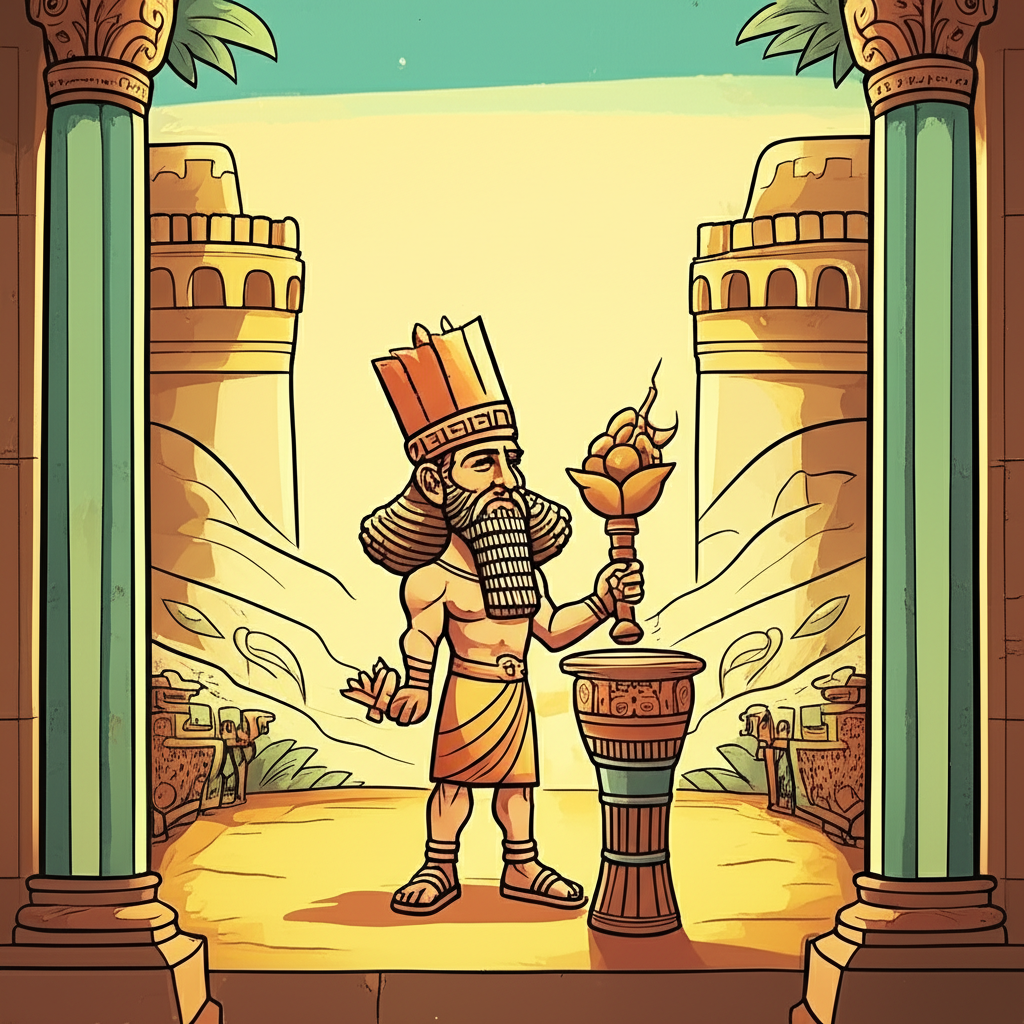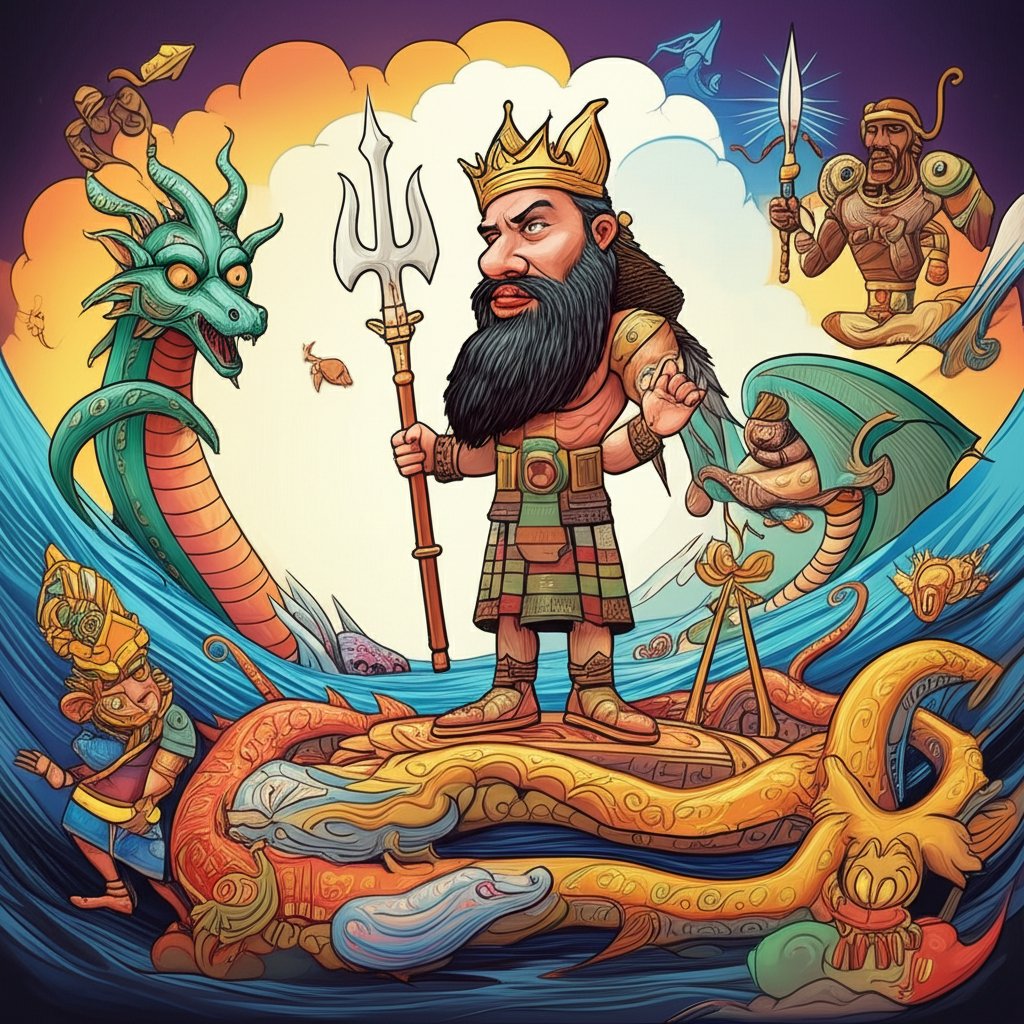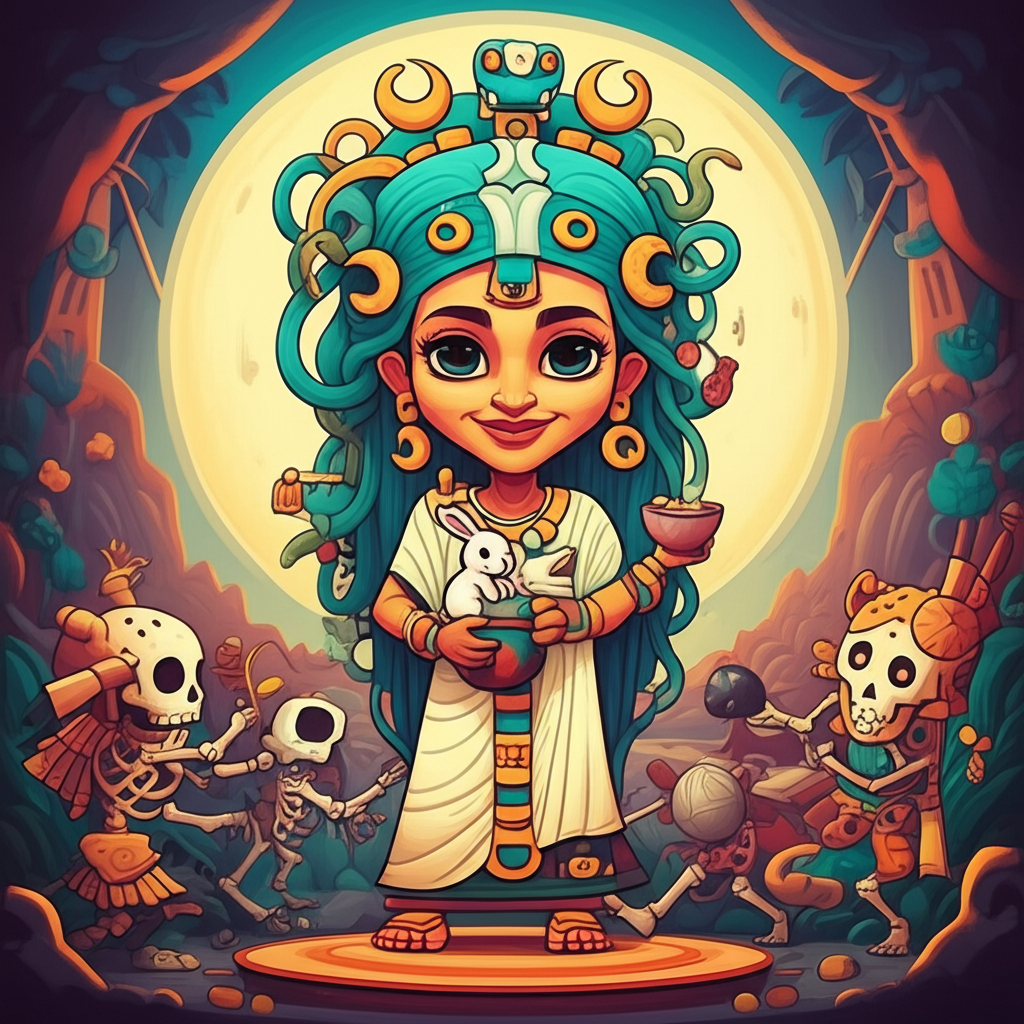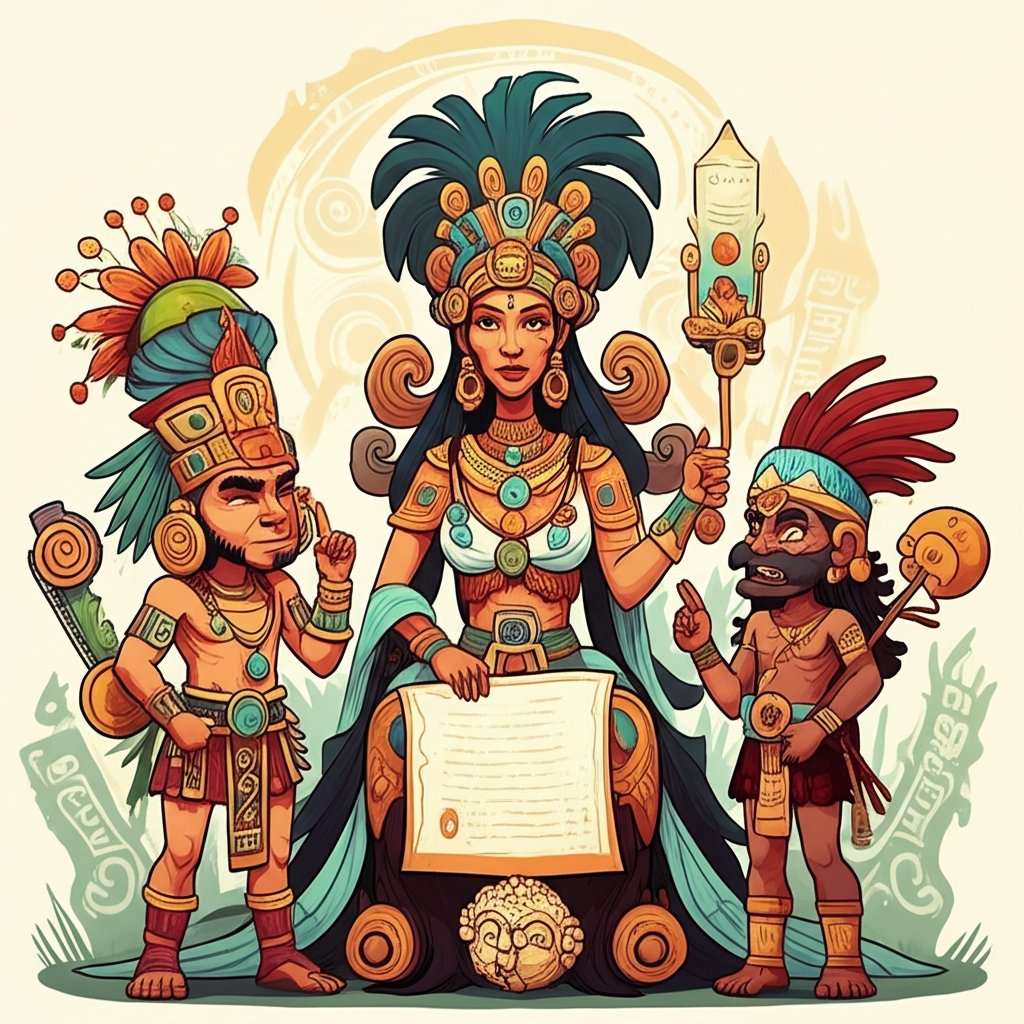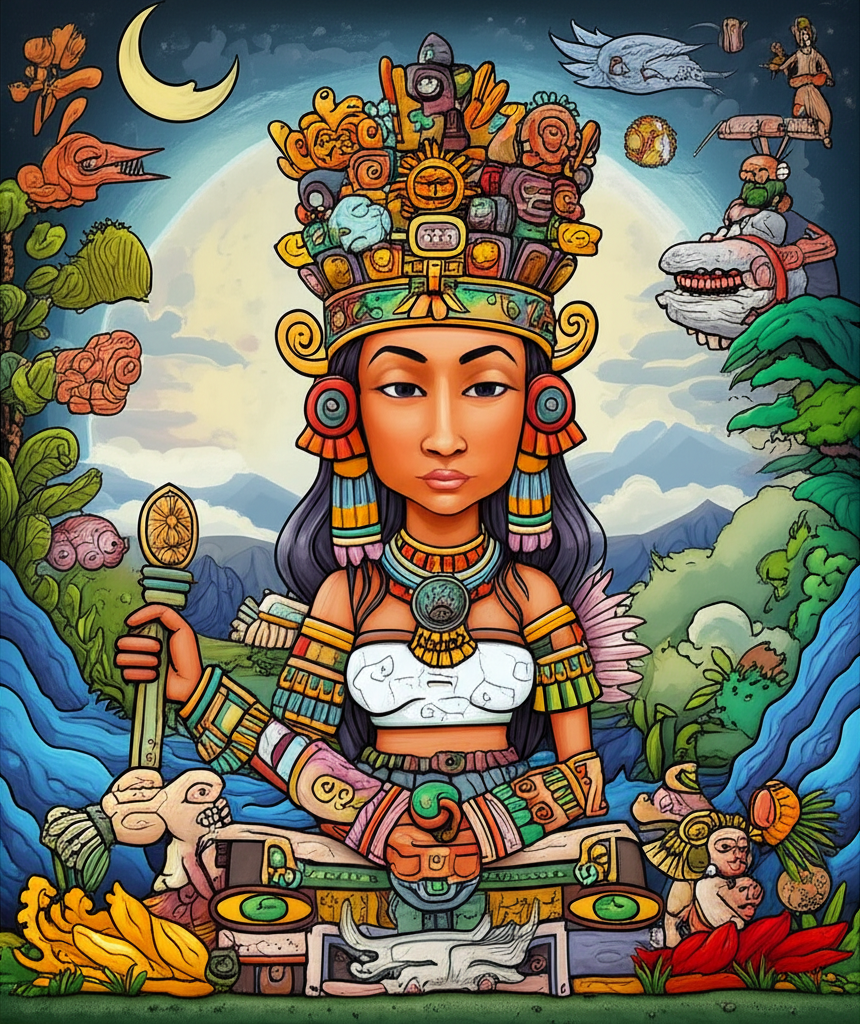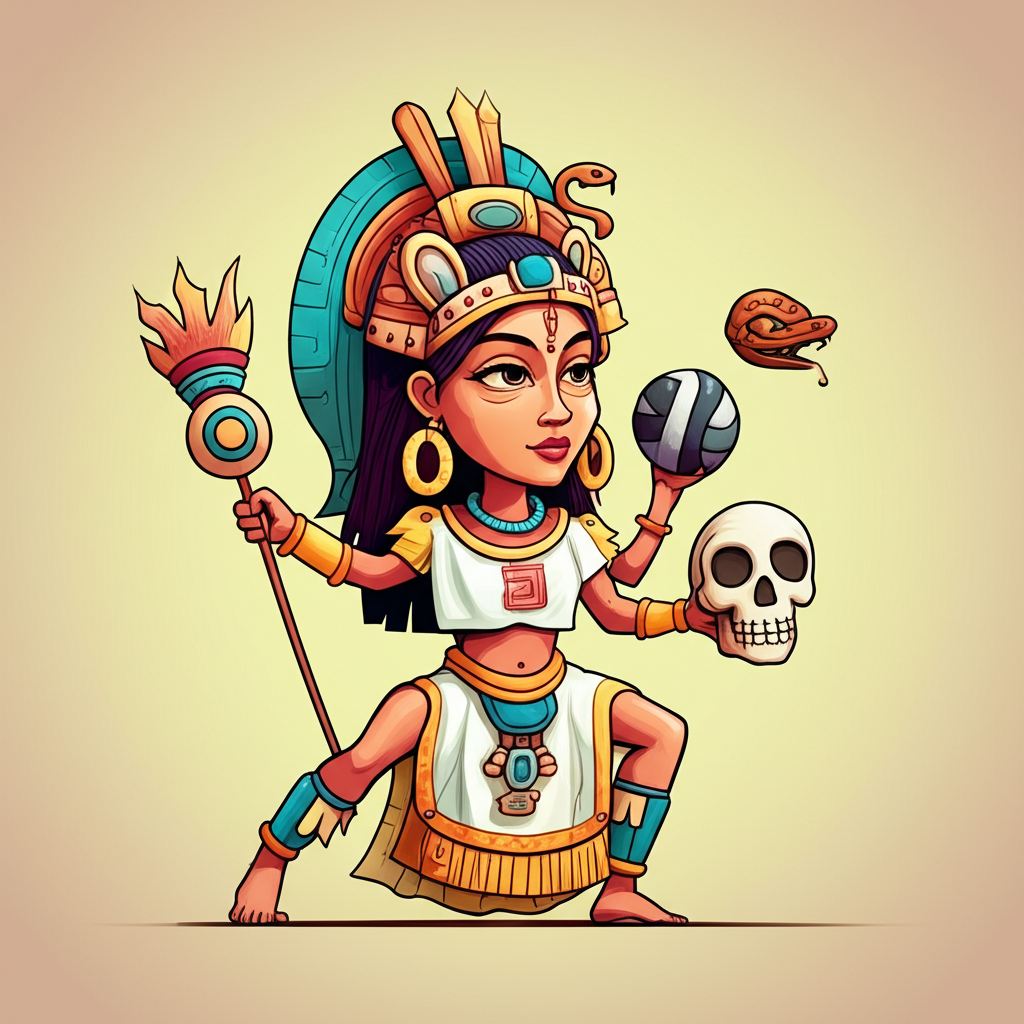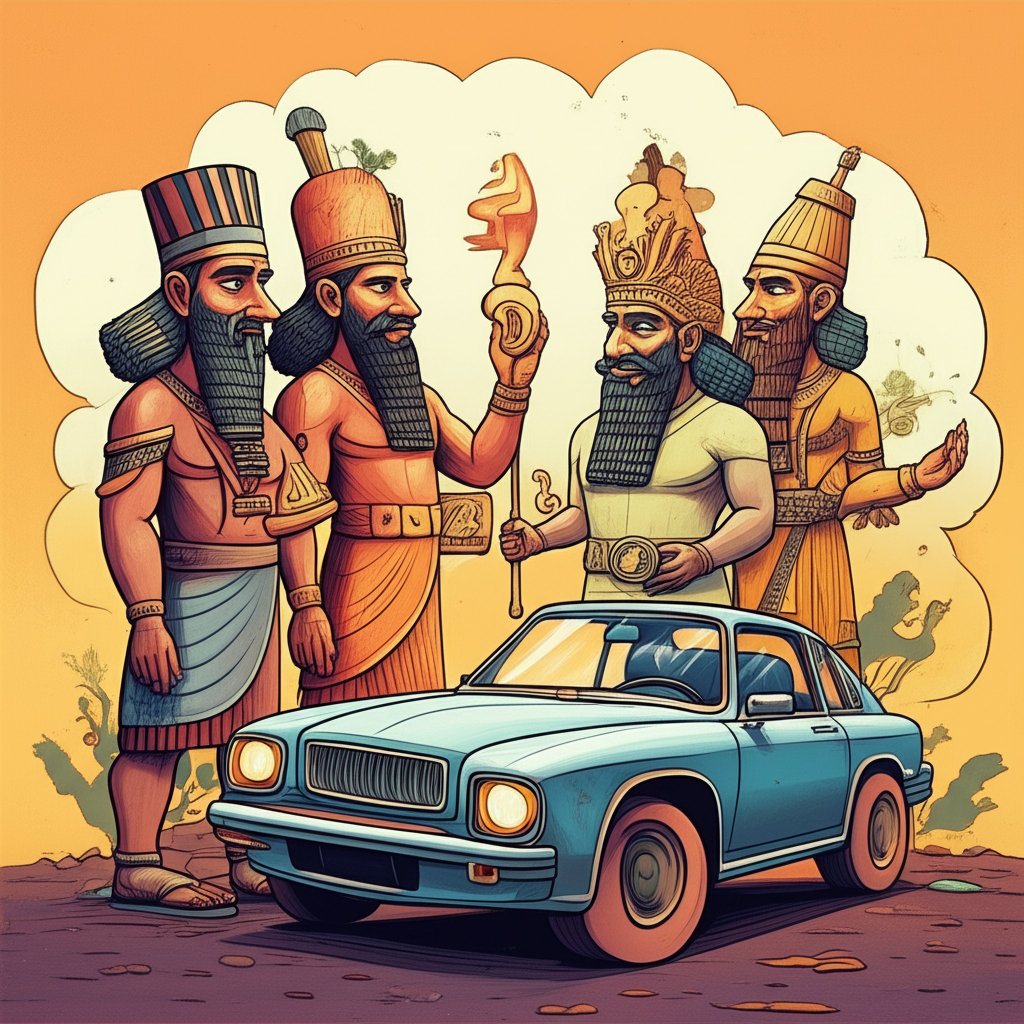
The sands of Mesopotamia, a land cradled between the fertile crescents of the Tigris and Euphrates rivers, whisper tales older than recorded history. Among these echoes of a bygone era lies the Enuma Elish, a magnificent, yet purely mythical, creation epic that once resonated within the heart of ancient Akkadian civilization. It is a story, meticulously preserved on clay tablets, that ancient peoples told to explain the very fabric of existence, the ordering of the cosmos, and the establishment of divine authority.
Echoes from the Dawn of Civilization
Imagine a world where the stars were not distant, silent observers, but living entities, their movements dictating the rhythm of life. This was the worldview of the ancient Mesopotamians, particularly during the flourishing periods of Akkadian and Babylonian cultures. They lived in a landscape prone to both immense bounty and devastating floods, where the capricious nature of the heavens and the earth demanded an explanation. The Enuma Elish emerged from this fertile ground of wonder and uncertainty, a narrative designed to imbue a sense of order and purpose into a world that often felt chaotic. It was a testament to their intellectual curiosity, their desire to understand origins, and their deep-seated need to find meaning in the grand spectacle of the universe. This epic, originating in the city of Babylon, though drawing on earlier Sumerian traditions, served as a foundational myth, shaping their understanding of the gods, kingship, and the very nature of creation.
The Roaring Abyss: Tiamat, the Primordial Mother
Central to the Enuma Elish is the colossal and terrifying figure of Tiamat. She is not merely a goddess, but the embodiment of the primal, chaotic, and salty ocean – the very source from which all else is believed to have sprung. Her name itself evokes the image of the deep, unfathomable waters. Symbolically, Tiamat represents the unformed, untamed potential of the universe, a vast, churning abyss teeming with raw, untamed power. She is often depicted as a monstrous, serpentine dragon, a creature of immense size and terrifying aspect, her breath a tempest, her roar the thunder of creation’s earliest moments. Her form is a potent symbol of the primordial chaos that must be overcome for order to emerge.
The Birth of Order from Chaos: The Narrative of Creation
The Enuma Elish begins in a time before time, when only the sweet waters of Apsu (the male principle, representing freshwater) and the salty waters of Tiamat (the female principle, representing the primordial ocean) existed in a state of undifferentiated union. From their mingling, the first gods were born – a vibrant, boisterous pantheon. However, their youthful exuberance disturbed the slumber of their elders, Apsu and Tiamat. Apsu, driven by a desire for peace and quiet, plotted to destroy his offspring. But the wise god Ea, forewarned, devised a plan. He drugged Apsu and slew him, then built his dwelling upon Apsu’s corpse, thus establishing the earthly realm from the vanquished waters.
Tiamat, enraged by the death of her mate, did not immediately seek revenge. Instead, she bore new, more monstrous offspring – the twelve Anunnaki demons, terrifying beasts with venomous blood, sharp claws, and fiery eyes. These creatures, alongside Tiamat’s fury, threatened to plunge the cosmos back into primordial chaos. The younger gods, terrified, sought a champion. Their pleas reached Marduk, the god of the city of Babylon, a burgeoning power in the Mesopotamian landscape.
Marduk, ambitious and powerful, agreed to confront Tiamat, but only if he were granted supreme authority over all the gods. The divine assembly, desperate, agreed, bestowing upon him the scepter, the throne, and the ultimate power of the "tablet of destinies." Armed with the four winds to control Tiamat’s monstrous rage and a powerful bow, Marduk rode into battle.
The ensuing cosmic struggle is vividly described. Marduk unleashed the winds, disorienting Tiamat. He then shot an arrow, piercing her heart and splitting her in two. From one half of her colossal body, Marduk fashioned the heavens, creating a vault to separate the celestial waters from the terrestrial. From the other half, he shaped the earth, laying the foundations of the world. He then organized the stars, setting them in their celestial paths, and established the cycles of the moon and sun.
To quell the unrest among Tiamat’s monstrous offspring, Marduk captured them and appointed his loyal attendant, Kishar, to watch over them. Finally, to provide a workforce for the gods and to honor Marduk, Ea was instructed to create humankind from the blood of Kingu, Tiamat’s consort and the leader of her monstrous legions. Kingu’s blood, mixed with clay, formed the first humans, destined to serve the divine.
Symbolism Etched in Clay: The Mesopotamian Psyche
The Enuma Elish is rich with symbolism, offering a profound insight into the Mesopotamian psyche. Tiamat’s primordial chaos represents the fundamental fear of the unknown, the untamed forces of nature that could unleash destruction. Her defeat and division symbolize the triumph of order over anarchy, a necessary step for civilization to flourish. The establishment of Marduk as the supreme god reflects the political realities of the time, with Babylon rising to prominence and its patron deity elevated to the head of the pantheon.
The creation of humans from Kingu’s blood speaks to a pragmatic view of humanity’s role: to serve and labor, freeing the gods for their celestial duties. This epic also highlights the concept of divine kingship, where the king acted as a mediator between the human and divine realms, his authority mirroring Marduk’s own supreme power. The story can be seen as a cosmic justification for the established social and political order, a narrative that legitimized authority and explained the very existence of their world.
Echoes in the Modern Imagination
While the Enuma Elish is an ancient myth, its themes and characters continue to resonate in contemporary culture. Its narrative of cosmic conflict, the triumph of order over chaos, and the creation of life from primordial elements finds echoes in science fiction and fantasy literature, where epic battles between good and evil, and the birth of new worlds, are common tropes. Marduk’s rise to power, his ambition and his ultimate victory, could be seen as an archetypal story of leadership and destiny. Tiamat, as the monstrous feminine, has inspired interpretations in art and literature exploring themes of creation, destruction, and the untamed aspects of nature and the psyche. Scholars of mythology, history, and comparative religion continue to study the Enuma Elish for its insights into ancient Mesopotamian beliefs, their cosmology, and their understanding of the human condition.
A Legacy of Storytelling
The Enuma Elish, this magnificent "Prophecy of Akkad," stands as a testament to the enduring power of human imagination and the universal human need to comprehend our origins. It is a narrative woven from the threads of ancient fears, hopes, and observations. As Muslims, we recognize that the true Creator and Sustainer of the universe is Allah (God) alone, as revealed through divine scripture. Yet, we can still appreciate the Enuma Elish as a remarkable piece of cultural heritage, a window into the worldviews of people long past. It reminds us of the rich tapestry of human storytelling, the diverse ways in which civilizations have sought to make sense of existence, and the profound stories that lie buried within the sands of time. It is a reminder that understanding these ancient narratives, not as dogma, but as cultural artifacts, enriches our appreciation for the vast spectrum of human thought and creativity.
